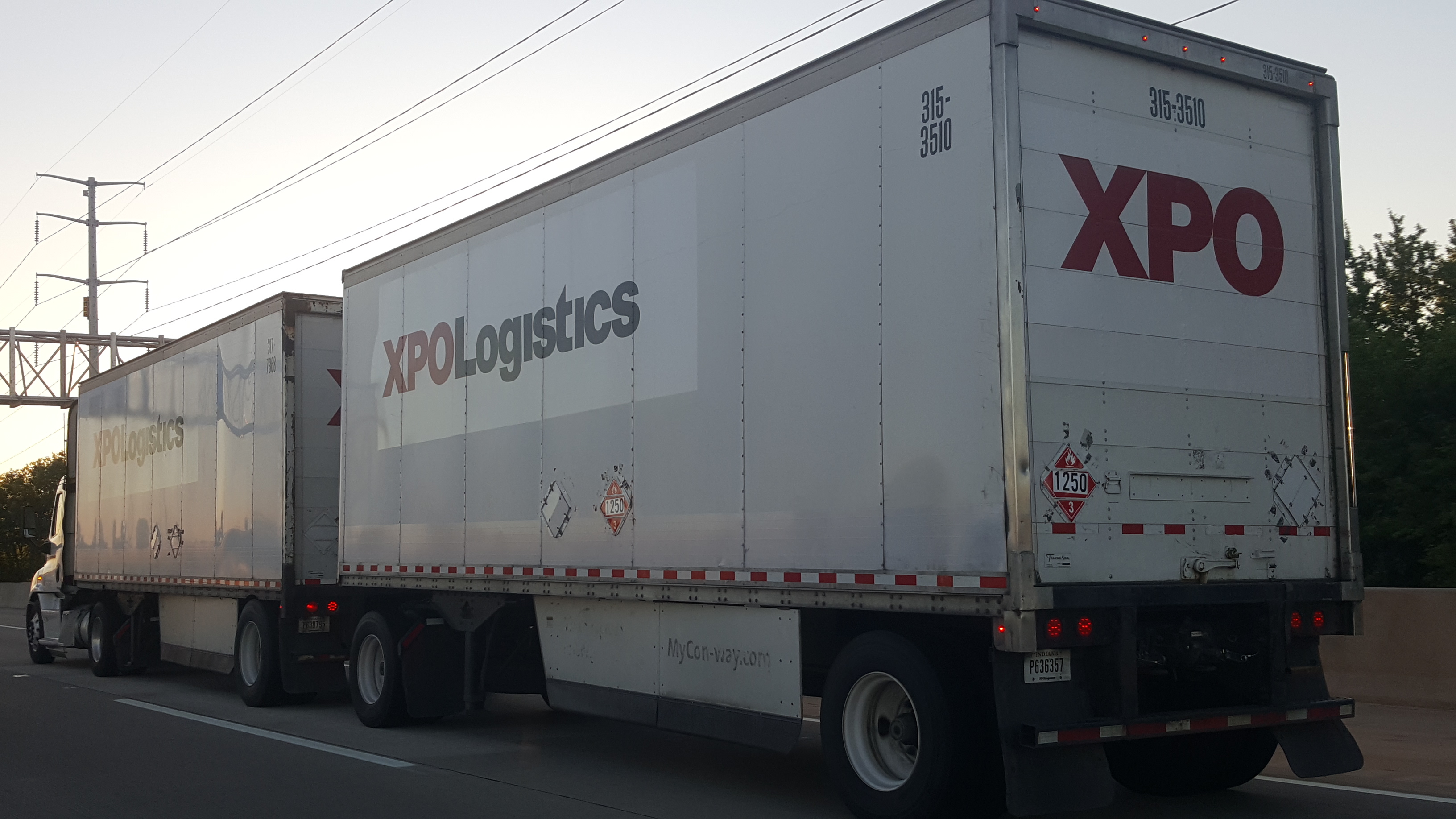USDOT/PHMSA regulations at 49 CFR 173.29(c) for transport of empty packagings refer to a “contract carrier” but the Hazardous Materials Regulations (HMR) do not define this term. (Neither does it define “common carrier” or “private carrier”, other terms used in the same section of the regulations.) What then is a “contract carrier” as the term is used by USDOT/PHMSA?
The first place to look for the definition of a word or term used by the HMR is 171.8 – Definitions. But you won’t find any mention of “contract carrier” there.
Contact me with any questions you may have about the transportation of hazardous materials by air, highway, vessel, or rail International and Domestic Daniels Training Services, Inc. 815.821.1550 |
Sometimes a term used only by a specific section of the HMR will be defined in that section. But no luck finding the definition of “contract carrier” in §173.29 either.
Perhaps it can be found in the regulations of the Federal Motor Carrier Safety Administration (a sister administration to PHMSA within the USDOT), since it is the one that regulates commercial motor vehicles? However, “Since January 1, 2007 FMCSA has been required by law not to distinguish between common and contract carriers, as they were previously defined.” Due to a loop-hole in the regulations this did not go into affect until January 17, 2017. Read about it on the FMCSA website.
An indication of what USDOT/PHMSA means by the term “contract carrier” can be found in this letter of interpretation from July 25, 2003 (02-0259):
The term “contract carrier” is used in the HMR in the same manner as in the former Interstate Commerce Act (“the Act, “now repealed) to mean a person who transports by motor vehicle, for compensation, passengers or property in commerce “under continuing contracts with one person or a limited number of persons either (a) for the furnishing of transportation services through the assignment of motor vehicles for a continuing period of time to the exclusive use of such person served or (b) for the furnishing of transportation services designed to meet the distinct need of each individual customer.”
And further…
A contract carrier provides “specialized service” to its customers…”
So, in my words, a contract carrier operates under a contract to provide specific transportation services – by motor vehicle over a public roadway – to a single person or limited number of persons.

